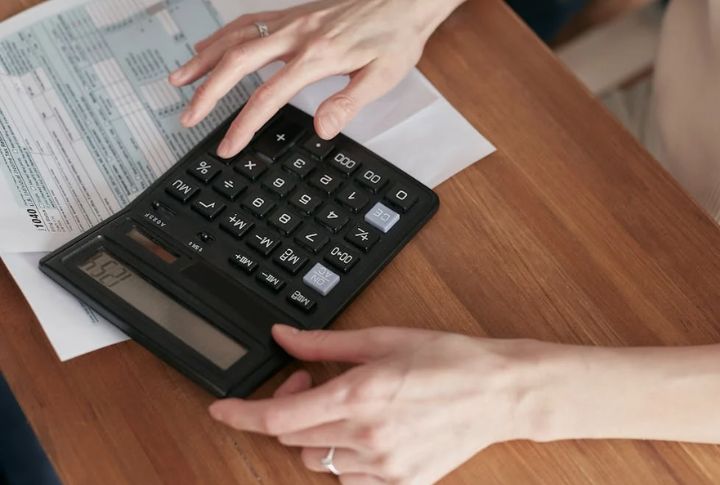
In a world of cashback apps and digital wallets, some money practices still outlast the trends. Smart saving doesn’t always come from modern tools. Built on clarity and consistency, old-school habits passed down through generations continue to shape how people manage money today. If you’re aiming for lasting financial control, these 10 timeless strategies are worth exploring.
Use The Envelope Method

The envelope system brings a tangible feel to managing your money. You place physical cash into distinct, named envelopes for specific spending areas, committing to using only those designated funds. This method gently guides conscious financial choices and keeps overspending in check.
Bring Lunch From Home

Daily restaurant lunches add up to your expenses. Packing homemade meals offers a simple, powerful way to save a lot of money over time. Plus, it encourages healthier eating and cuts down on those costly impulse buys.
Say No To Unnecessary Spending

Saying “no” can feel tough, but it’s a huge financial advantage. When you politely turn down social invitations, you’re actively protecting your hard-earned savings. This simple choice of putting your needs before your wants strengthens your financial discipline.
Pause Before You Purchase

Ever regretted an impulse buy? A short delay of 24 to 48 hours before making nonessential purchases often leads to better decisions. When you pause, you create space for reflection and reduce the likelihood of unnecessary spending.
Fix Things Yourself

Build lasting confidence by adopting a do-it-yourself mindset. Basic repair knowledge makes it easier to maintain household items without relying on professionals. Ultimately, your overall consumption reduces, and you become incredibly resourceful.
Find Fun That’s Free

Having fun doesn’t have to drain your wallet. This means thoughtfully seeking out free or low-cost ways to unwind and enjoy yourself. Spend time in nature, explore your local public parks, rediscover the treasures at your library, or simply host cozy game nights at home.
Keep A Physical Piggy Bank

There’s something deeply satisfying about watching savings grow from small contributions. A visible savings tool like a piggy bank serves as a daily reminder of progress. Even loose change, when collected consistently, can fund small rewards or teach valuable lessons.
Compare Prices First

Before buying, checking multiple stores used to be second nature. That habit still works wonders. A little extra time comparing prices—online or in-store—can reveal better deals, prevent impulse splurges, and teach you to prioritize value over instant convenience.
Shop Monthly, Not Daily

Smart grocery runs can improve budgeting and reduce waste. This strategy involves meticulously planning and purchasing non-perishable groceries and household staples for the entire month. You’ll then only make quick, weekly trips for fresh produce, smartly minimizing exposure to tempting sales.
Track Bills Manually

Automated payments certainly handle fixed charges with ease, but a hybrid approach involving manual payments helps you understand spending patterns more effectively. The trick ensures you maintain better control over your outgoing finances and prevents forgotten expenses from quietly accumulating.

